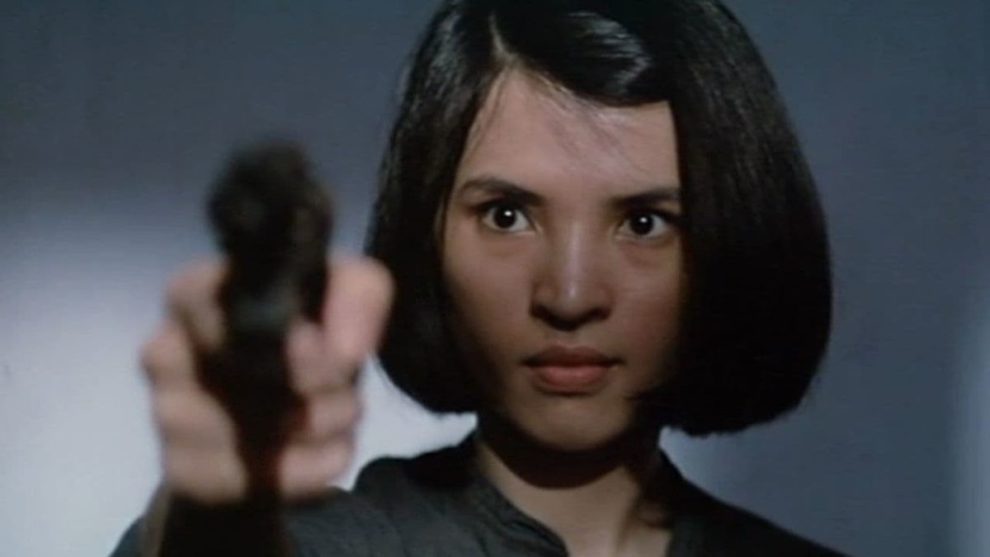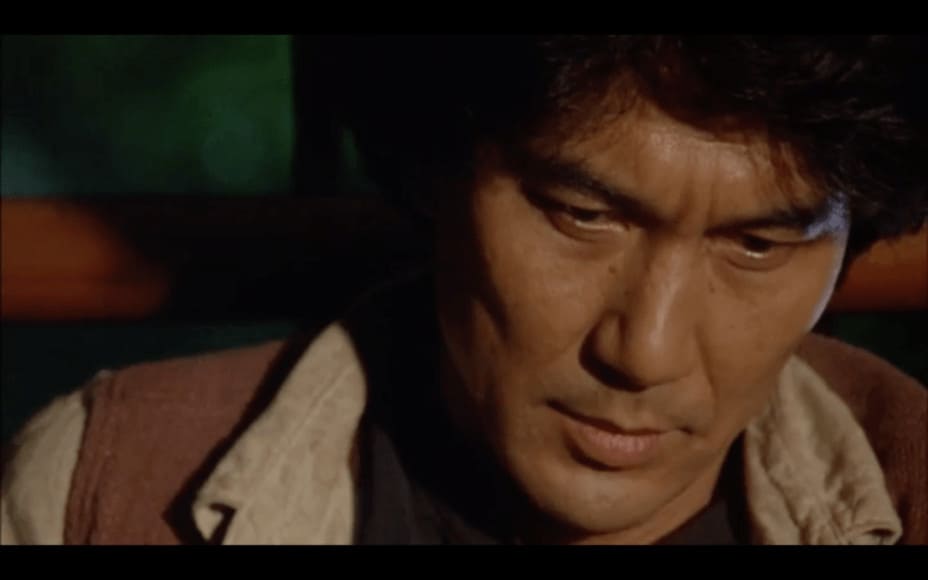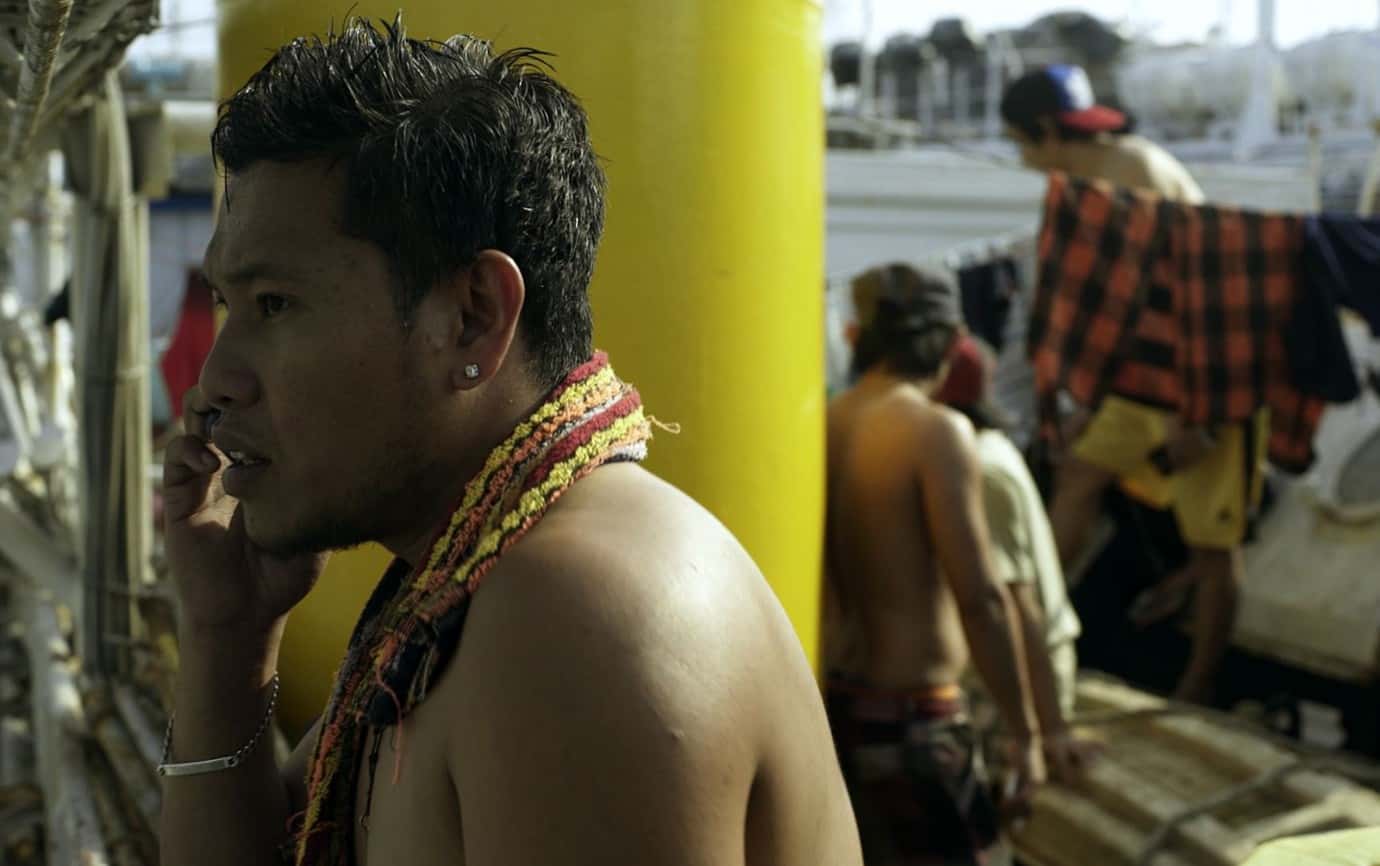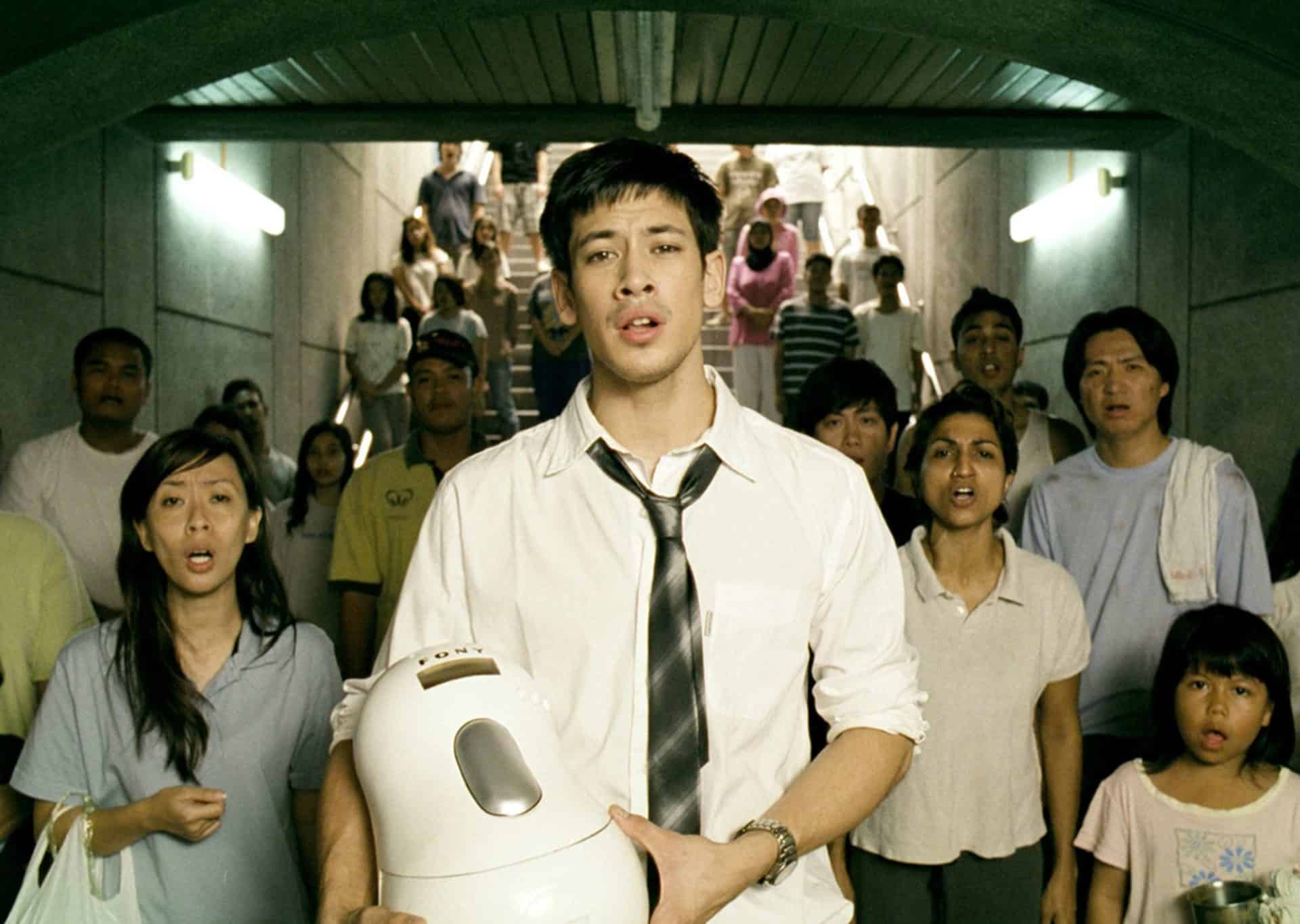In the plethora of controversial films that were released during the 80s, “Dangerous Encounters of the First Kind” remains a landmark, since the initial version was banned for its violence, something, though, that eventually led to the movie becoming a commercial success. The initial cut, which includes public bombings and animal cruelty towards mice, found its way to the audience only in 2004, when French HK Video released it, adding the cut footage to the theatrical version from a VHS tape commissioned by director Tsui Hark during production when he was ordered to make changes to the film. This review is based on this copy. The original film elements for this footage are thought to be lost.
Paul, a young man whom his bourgeoisie family considers useless, tries to fill his time with excitement with his two friends, Lung and Ko, in the most extreme ways, placing a home-made bomb in a movie theater for example, although taking care not to cause any casualties. Wan-chu, a young girl who lives with her policeman brother, Tan, and spends her time torturing mice, sees the deed and follows the group, but does not inform the police or her brother, who eventually takes over the bombing case. After getting fired from her job for pouring ink to a co-worker during an argument, a rather frustrated Wan-chu gets into a huge fight with her brother, impales the neighbor's cat by throwing it from her window to the steel railings below, and forces her way into the group of boys by threatening to expose them to the police if they do not become her friends. She makes them discard a mouse she has tortured and in return, they challenge her to place a bomb in a public restroom, which she does without hesitation.
As Wan-chu makes their “games” more and more dangerous, the trio of friends find themselves reluctant to follow her, which eventually leads to a violent clash. A foreigner that happens to pass from the street the fight goes on ends up having a rather important package stolen, resulting in the group having a gun smuggling syndicate on their heels. Wild cop Tan eventually finds himself also involved.
Part of the commercial part of HK New Wave, “Dangerous Encounters of the First Kind” is a testament to Tsui Hark's directorial and script-writing abilities (which he co-wrote with Szeto Cheuk-Hon) particularly due to an impressive mix of exploitative violence, sociopolitical and economical commentary, and a rather nihilistic approach to life in Hong Kong at the time. Starting with the latter element, the dead-end youths of the time find themselves into, becomes quite evident from the beginning, with the lack of proper (if any) kind of parenthood being highlighted as the main source of the attitude of the three male protagonists, particularly through the almost complete lack of any kind of parents in the film. Furthermore, Wan-chu's sadistic, rather violent and erratic tendencies highlight the fact that she is in immediate need of psychiatric attention, again showcasing the lack of any kind parenthood or even social healthcare in her case.
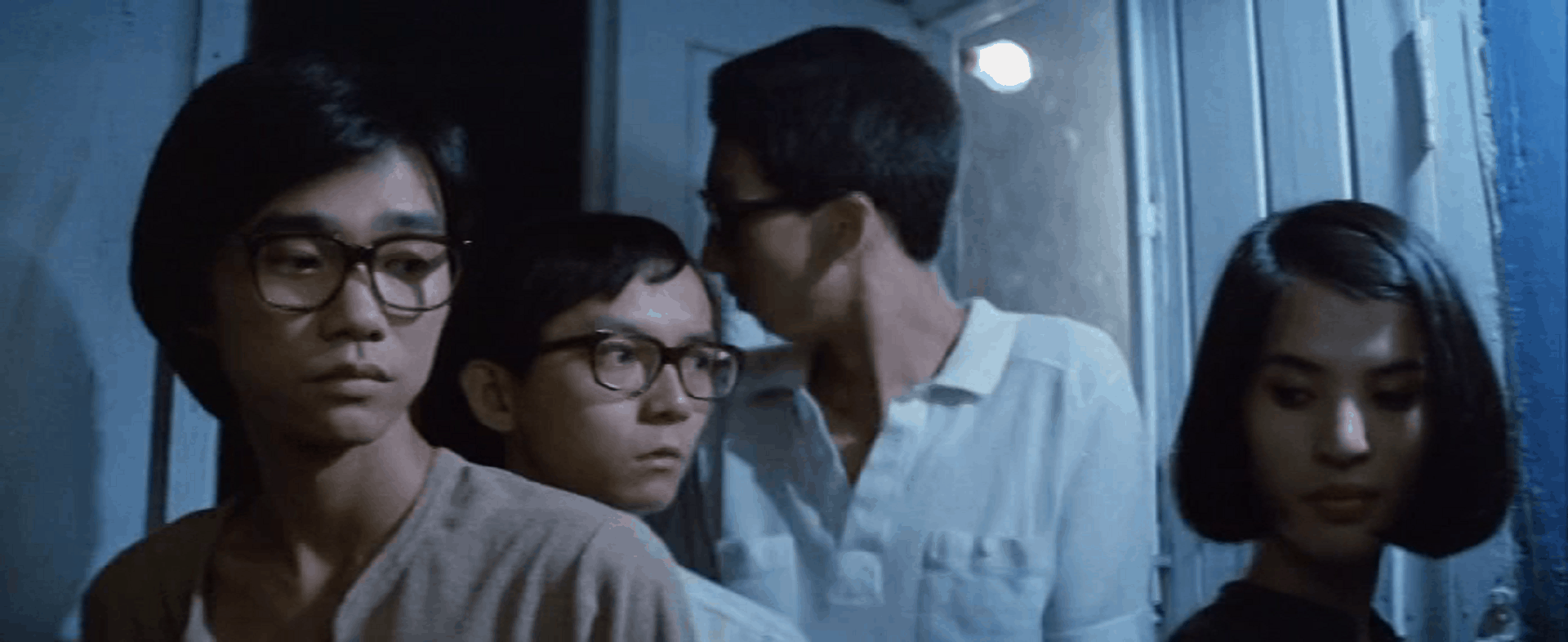
That Hong Kong at the time was a place that youths could get materials to build bombs but find it extremely hard to find any kind of guidance regarding their actions and way of thinking presents another pointy comment. The issue extends to the incompetence of the police, which, as mirrored in the character of Tan, is too violent, badly organized, and essentially ineffective in various ways, particularly in the face of foreigners. This last aspect brings us to the next comment, with Hark's presentation of a number of Westerners as hard-core villains whose only purpose in Hong Kong is to smuggle guns, while no one seems able to stop them, being rather pointy. The accusation towards foreigners extends to another country, with the fact that the money circulated are Japanese yen, being a subtle, but eloquent critique of how the “system” worked. Lastly, the fact that the Hong Kongese protagonists are constantly on the throats of each other but join together against the foreigners could also be perceived as a comment in that direction.
Through the psychological portrait of the three young men, but mostly of Wan-chu, the movie moves into the exploitation territory, with a number of scenes featuring the impressive Lin Chen-chi in this hard-core femme fatale role, being chilling, as they are impressive. The torturing of the rats, the cat scene, the high jacking, the bombing, the chasing to burn, but most of all, the second scene involving impaling in the movie will probably stay on the mind of the viewer much after the movie finishes, not just for the violence they bolster, but also for the way Hark directed them, by implementing a kind of choreographed chaos in the most impressive way.
Furthermore, the way the film builds up to the final showdown is equally impressive, with Hark showing how the pressure piles up towards the young protagonists masterfully. Furthermore, the scenes in the crowded apartment block and the final ones in the area overseeing a cemetery, are the most visually impressive in the movie, with him also proving, once more, how well he can direct action sequences. The despair of the protagonists in contrast to the cockiness of the Westerners creates a great antithesis, with the graves adding a contextual element to the lengthy sequences, which DP David Chung's takes full advantage of. Furthermore, the presentation of the claustrophobic, extremely crowded setting the protagonists inhabit is also eloquently captured, while Hark also uses it to mirror the psychological status of his characters. Chow Cheung-kan and Wai Wu-tsi's editing also helps the most in that regard, with his frequent cuts intensifying the sense that the story is unfolding in a labyrinth of sorts, while inducing the narrative with a very fitting, fast pace.
Lieh Lo as Tan also gives a very entertaining performance as the vigilante, above-the-law cop, while Albert Au as Paul presents his despair for realizing he is in over his head quite convincingly.
“Dangerous Encounters of the First Kind” is a truly masterful film and a great testament to Tsui Hark's prowess.


